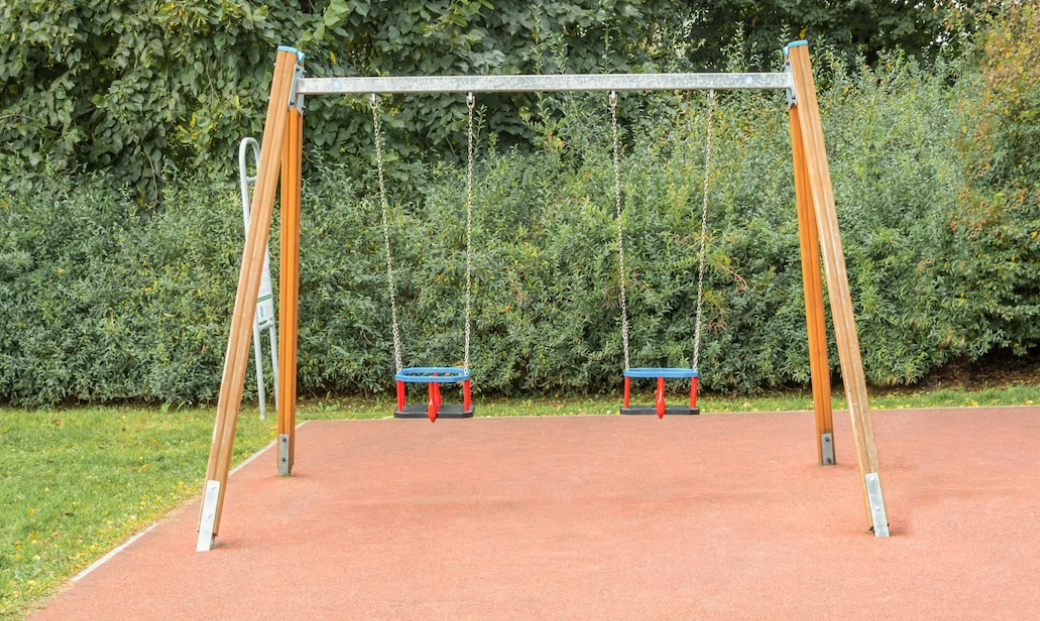The Latin America and the Caribbean (LAC) region has had the longest preschool closures due to COVID-19 pandemic. From March 2020 to October 2021 LAC preschools for children 3-5 averaged 67.4 weeks of full or partial closure. In other words, children assisted -on average- less than ¼ of the time they were supposed to. Psychosocial-stimulation home visits and well-baby checkups were also interrupted. This situation is expected to have long-lasting consequences among children, especially those in the critical early childhood period, when children’s brains and bodies are particularly sensitive to environments. Research conducted pre-pandemic, for example, found profound impacts of early life shocks like unexpected rainfall, in-utero stress, and earthquakes on child outcomes, including cognitive development, schooling, and adult-labor outcomes.
Given this evidence, early in the pandemic we conducted several simulation studies to forecast potential consequences of COVID-related preschool closures on child development. For example, a team of IDB researchers simulated long-run earnings losses when current preschool‑age children become adults due to COVID-19-related closures in LAC. Results suggested that losses are considerable, particularly in Andean countries such as Bolivia, Peru, and Ecuador, where the total losses range from 2.3% to 4% of Growth Domestic Product (GDP).
Another team of authors from Harvard University, Penn University and the IDB used observational pre-pandemic data, between 2004-2019, to simulate preschool closure consequences on the estimated 167 million preprimary-age children in 196 countries who lost preschool access between March 2020 and February 2021. COVID-19-related preschool-disruption losses were estimated to be 19.01 billion person-days of instruction, 10.75 million children falling “off track” in their early development, 14.18 million grades of learning by adolescence, and a present discounted value of USD 308.02 billion earnings in adulthood. These developmental and learning consequences were likely most severe for children living in lower-income settings, exacerbating pre-pandemic inequities.
While these studies demonstrate bleak scenarios, they may be “conservative” estimates of true developmental losses attributable to the pandemic. In particular, these studies considered only the potential implications of preschool closures, and not developmental consequences of other negative shocks during the pandemic, such as increases in domestic violence against children, social-service disruptions, increases in poverty and food insecurity, and increased adult-caregiver mental-health problems.
Complementing this early simulation-based research, more-recent studies have used data collected after the COVID-19 outbreak to quantify actual pandemic impacts on child development. One study showed that Chilean children growing-up in the pandemic are doing worse than their peers pre-pandemic. This study used in-person December-2020 data to compare general, language, and socio-emotional development of children 3-4 years old with those interviewed in 2017 in the Chilean Longitudinal Early Childhood Survey (ELPI). Also, children affected by the pandemic showed presence of emotional and behavioral problems.
A Uruguayan study compared child-development results for 4- 6-year-old children in public preschools pre- and post-pandemic; substantial losses were documented in motor and cognitive development, attitudes towards learning, and internalizing behavior problems; and child-development inequalities were exacerbated.
These studies cannot isolate preschool closure impacts from other risk factors affecting children during the pandemic. However, their findings clearly suggest that important developmental losses have likely occurred in LAC due to COVID, supporting projections from previous simulation studies.
The stress and changes caused by the pandemic, including extended closures of preschools and other essential early childhood services, have likely had profound impacts on young LAC children’s development and learning. Observed inequities in developmental losses also highlight that those children from underprivileged backgrounds, or who were struggling pre-pandemic probably are most at-risk for long-term consequences.
Given this evidence, there is an urgent need for additional remediation policies and programs to promote the core life skills that probably have been undermined by the pandemic, particularly for marginalized populations:
- Adjustments in teacher training to address children’s post-pandemic digital and socioemotional needs should be addressed alongside support for traditional academic domains (such as cognition and language).
- Family-friendly policies and support to caregivers are needed to improve families’ financial stability, reduce caregivers’ stress/mental-health challenges, and improve frequencies and qualities of interactions experienced by children in their home-learning environments. President Biden’s child tax credit from 2021 (essentially an unconditional cash transfer for families with young children in the United States) is an example of one such potential support policy in a developed country.
- Use technology to reach families whose access to home visits, childcare or preschool was cut off (e.g., Crianza Feliz home visitors using Whatsapp to communicate with their beneficiaries in Brazil, Jamaican home visits replaced by phone calls).
- Measurement of child development should be more frequent to closely monitor losses and recoveries.
Collectively, these response measures may help LAC’s youngest citizens recover some of the tremendous losses they have experienced over the past two years, facilitating a brighter future for the region. What else do you think is necessary to strengthen childhood development and avoid further losses? Share your answer in the comment’s section below.
Authors: Florencia López Boo, Claudia Vázquez, Dana Mc Coy, Jere Behrman and Jorge Cuartas


Leave a Reply